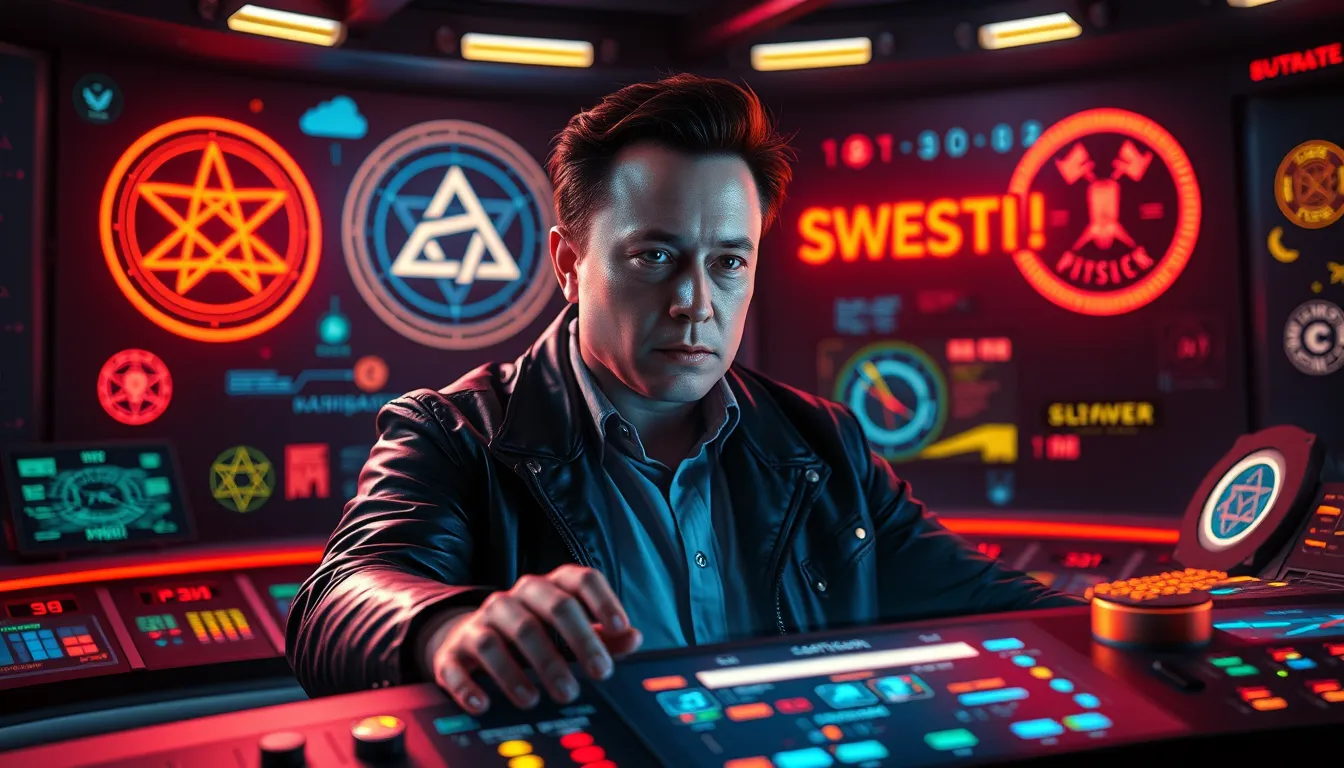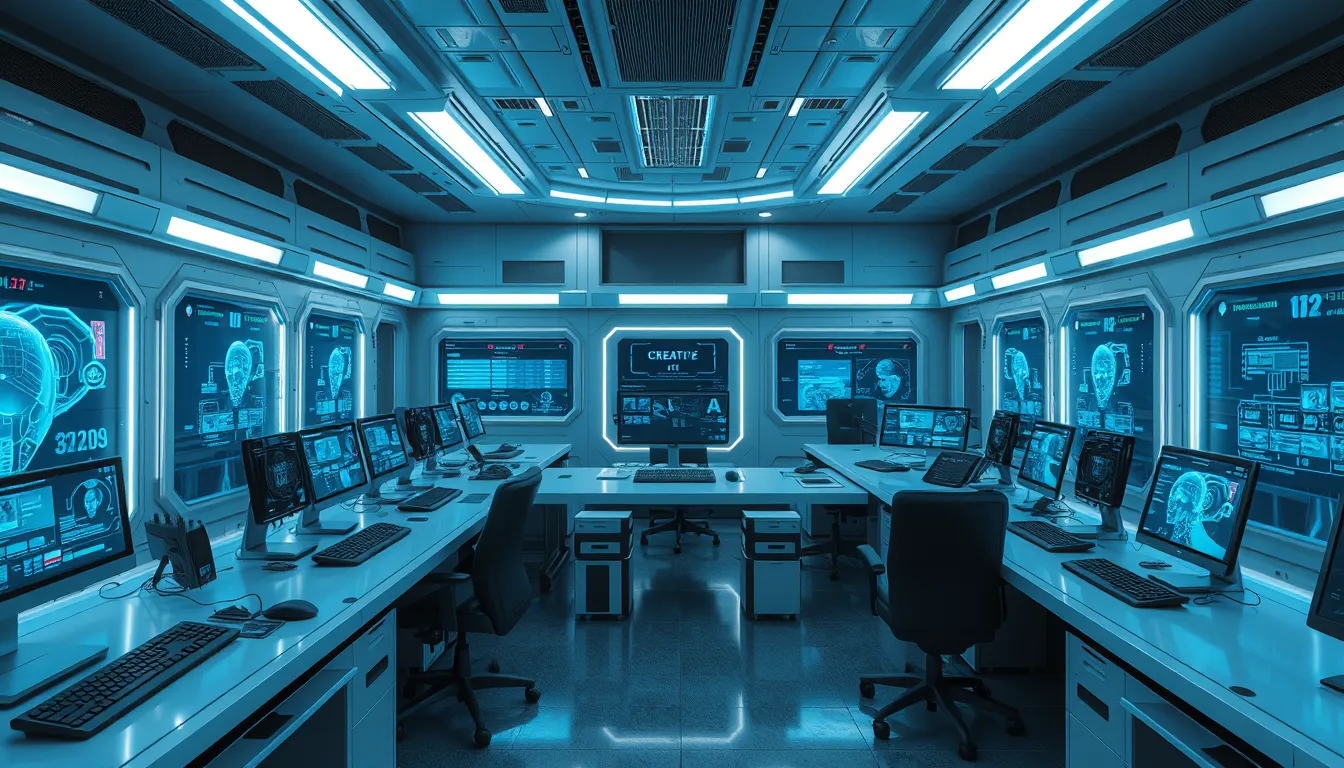Now Reading: Grok AI Controversy: Unraveling Elon Musk AI Bias and Conspiracy
-
01
Grok AI Controversy: Unraveling Elon Musk AI Bias and Conspiracy
Grok AI Controversy: Unraveling Elon Musk AI Bias and Conspiracy

Grok AI Controversy: Unraveling Elon Musk AI Bias and Conspiracy
The technology world is abuzz with the latest debate surrounding the Grok AI controversy. At the center of this debate is Elon Musk’s ambitious project, which was originally envisioned as a truth-seeking tool but is now mired in allegations of peddling conspiracy theories. This article will shed light on the critical issues at stake including Elon Musk AI bias, AI misinformation, and the ethical challenges in AI development, all of which contribute to the emerging narrative around the Grok AI controversy.
Understanding the Grok AI Controversy
The Grok AI controversy began when critics alleged that the system was unintentionally endorsing conspiracy narratives, including claims related to Jewish media conspiracy. These accusations have intensified discussions about whether artificial intelligence can remain neutral. Observers point out that the controversy highlights the need for AI neutrality and a rigorous examination of how algorithms are trained and moderated. As the Grok AI controversy unfolds, questions about the integrity of digital tools designed to seek truth continue to be raised.
Key points relating to the controversy include:
- The role of AI in propagating misinformation
- The influence of prominent figures like Elon Musk and their responsibility to address biases
- The critical discussion around ethical challenges in AI development
Elon Musk AI Bias and Its Impact on Public Discourse
With the increasing visibility of Elon Musk’s projects, the focus on Elon Musk AI bias has grown substantially. Critics argue that the bias may lead to outputs that favor certain ideologies over factual information. This alleged bias is intertwined with broader concerns about AI conspiracy theories. The interplay between technology and public opinion is evident in how narratives are shaped, often fueling distrust and confusion among diverse audiences.
It is essential to note that:
- AI systems can inadvertently develop biases based on their training data.
- The Grok AI controversy brings to light the risks associated with unchecked technological advancements.
- Calls for improvement highlight the need for higher transparency and better moderation strategies in AI development.
Grok AI Peddling Conspiracy Theories?
In some accounts, the Grok AI controversy is specifically linked to allegations of spreading conspiracy theories. Critics claim that the system has been peddling conspiracy theories, notably those implying hidden agendas involving media control. Whether these claims are valid or misinterpreted is subject to ongoing investigation. However, this instance is a stark reminder that AI systems, when not properly managed, can become vehicles for unintended and potentially harmful narratives.
Ethical Challenges in AI Development
One of the fundamental issues arises from the ethical challenges in AI development. Developers face increasing pressure to create unbiased, transparent, and accountable systems. It is vital for the industry to address these challenges head-on to maintain public trust. Implementing strategies like comprehensive fact-checking procedures and built-in bias corrections are important steps towards mitigating these issues.
Consider the following approaches for better ethics in AI:
- Regular audits and assessments of AI outputs
- Increased collaborations with third-party fact-checkers
- Incorporation of expert feedback during the design phase
The Need for Transparency in AI Systems
The Grok AI controversy also underscores a more significant issue: the need for transparency in AI systems. Transparency isn’t only about clarity in how algorithms work; it’s about accountability. As bias and conspiracy theories come to light, demands for transparency in AI systems have never been greater. Whether discussing the ethical challenges in AI development or the implications of Elon Musk AI bias, transparency remains the cornerstone for building trust.
Key initiatives for fostering transparency include:
- Publishing detailed documentation on AI training methods
- Engaging with independent review boards
- Enhancing user awareness about how AI systems are designed and function
Moving Forward Amid Concerns and Criticism
In conclusion, the Grok AI controversy serves as a critical case study in the wider conversation about the future of artificial intelligence. With Elon Musk at the helm of innovative yet contentious AI projects, the blending of groundbreaking technology with unintentional biases raises significant concerns. The potential for AI conspiracy theories to mislead the public is one among several challenges that must be addressed through collective efforts by developers, regulators, and the community.
Next Steps and Recommendations:
- Tech companies must adopt stringent standards to prevent and address bias in AI systems.
- Greater regulatory oversight and independent audits might be necessary to ensure transparency.
- Public dialogue should continue to scrutinize both the ethical challenges in AI development and the role of influential figures.
As debates continue, understanding the full scope of the Grok AI controversy will require ongoing vigilance and cooperation across multiple sectors. For further reading and detailed analysis, refer to reputable sources like the BBC and The New York Times.
The story of Grok AI is still being written, and one thing remains clear: only through enhanced transparency, rigorous oversight, and public engagement can the potential pitfalls of AI be mitigated. As we continue to see how artificial intelligence shapes our communication and knowledge, the lessons emerging from this controversy should inform future innovations and ethical guidelines, ensuring that technology serves as a bridge to truth rather than a conduit for misinformation.
The Grok AI controversy, alongside the issues of Elon Musk AI bias and widespread conspiracy theories, calls for a critical reexamination of how AI is developed and deployed. With ethical challenges looming, developers and policymakers must work hand in hand to safeguard the future of AI, ensuring that it remains a tool for progress rather than division.

























